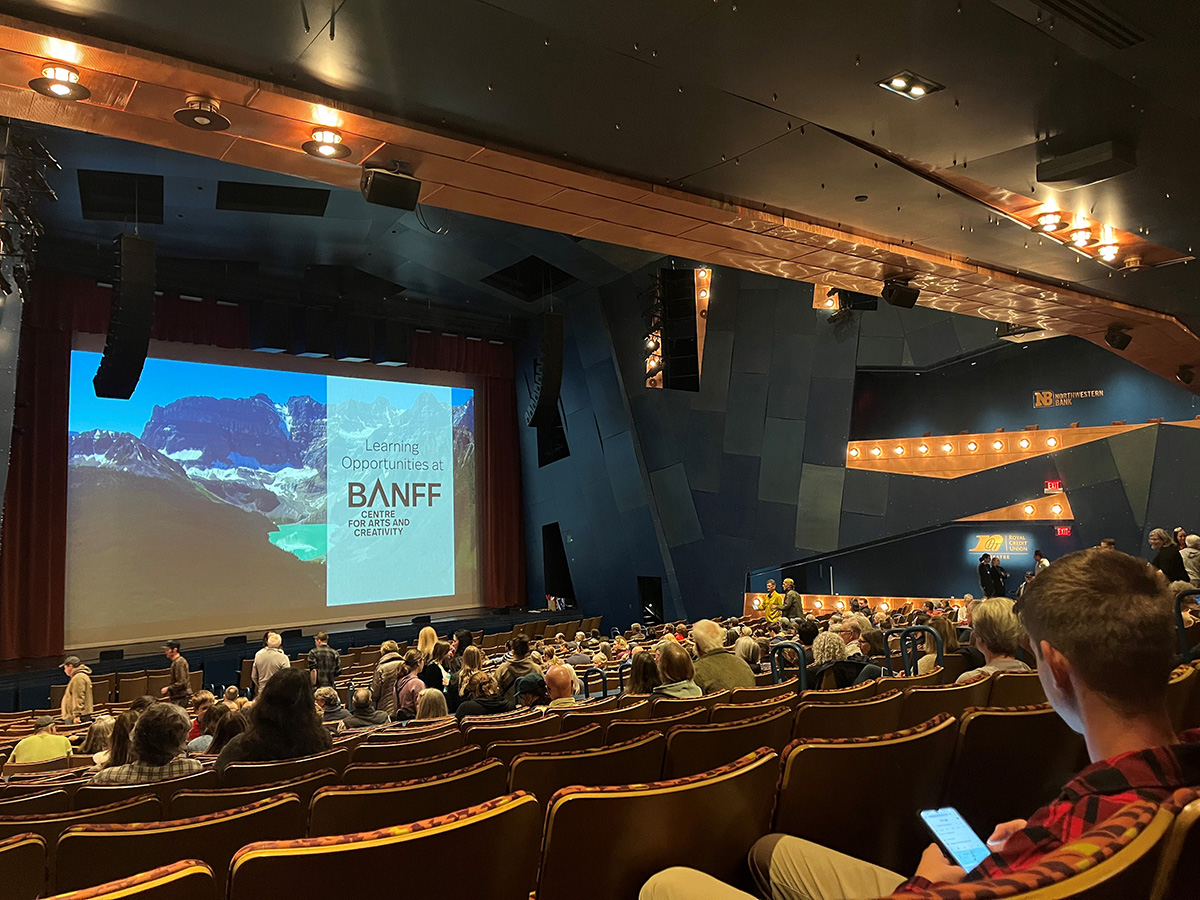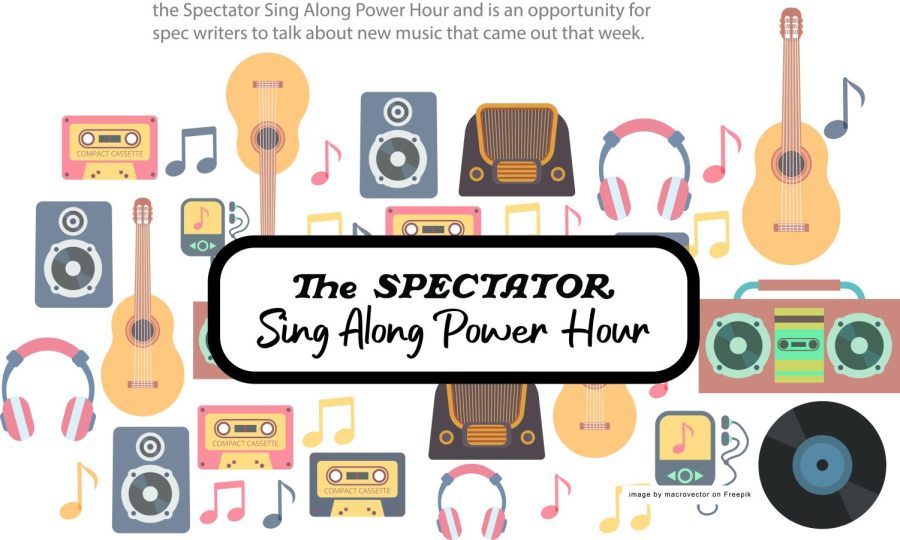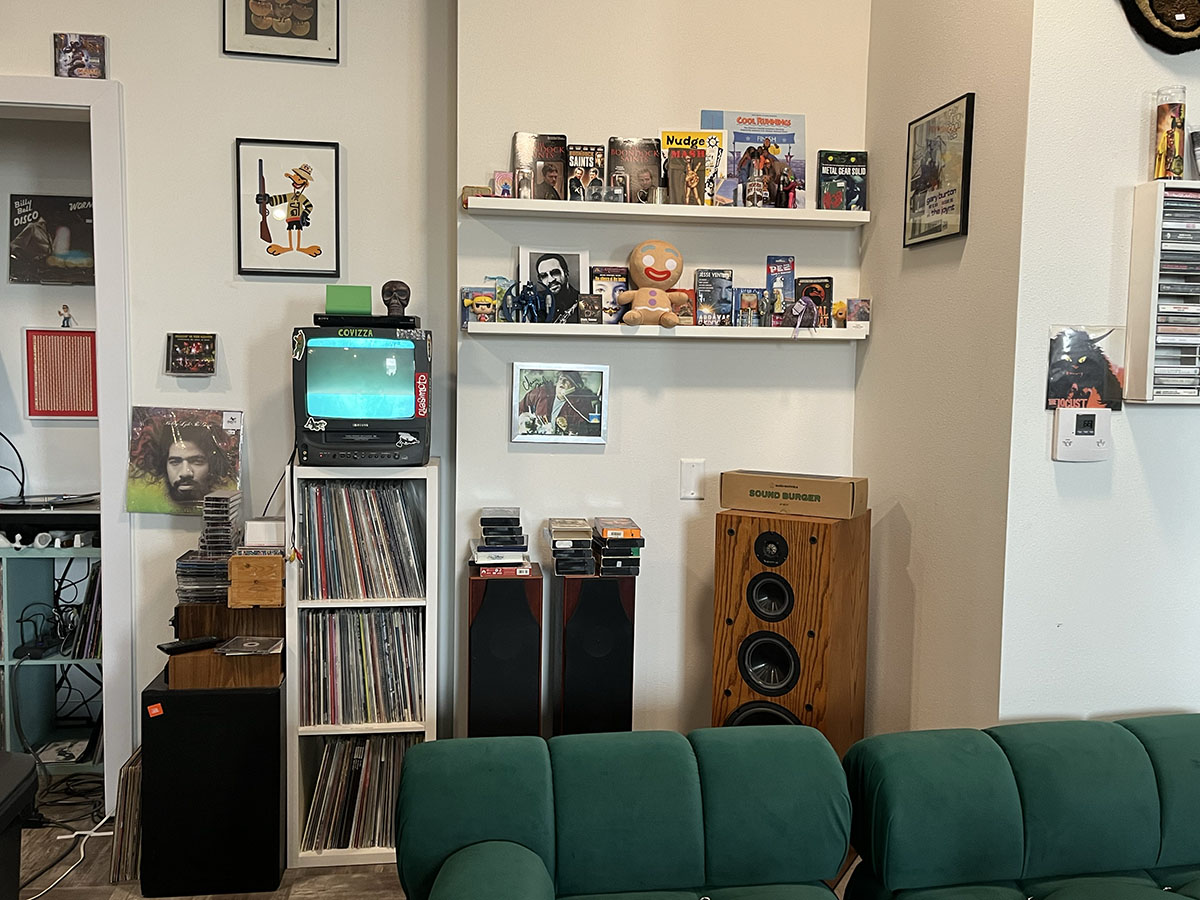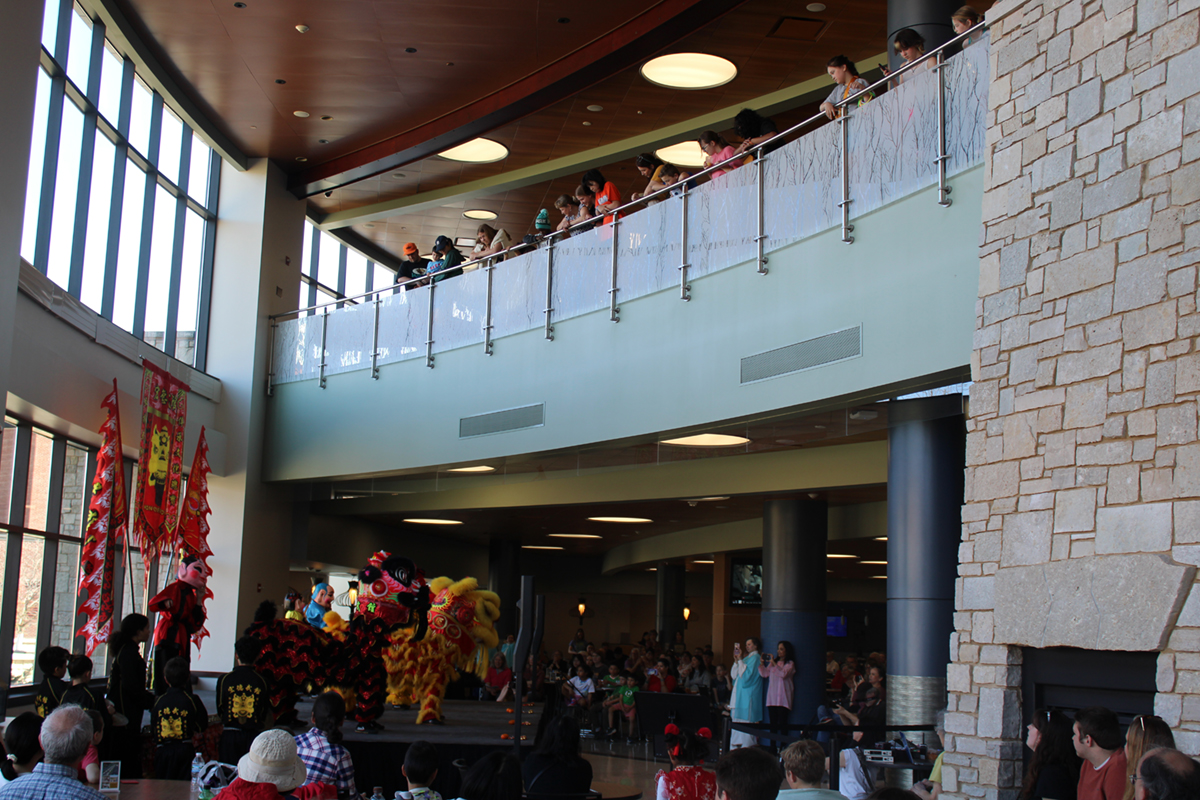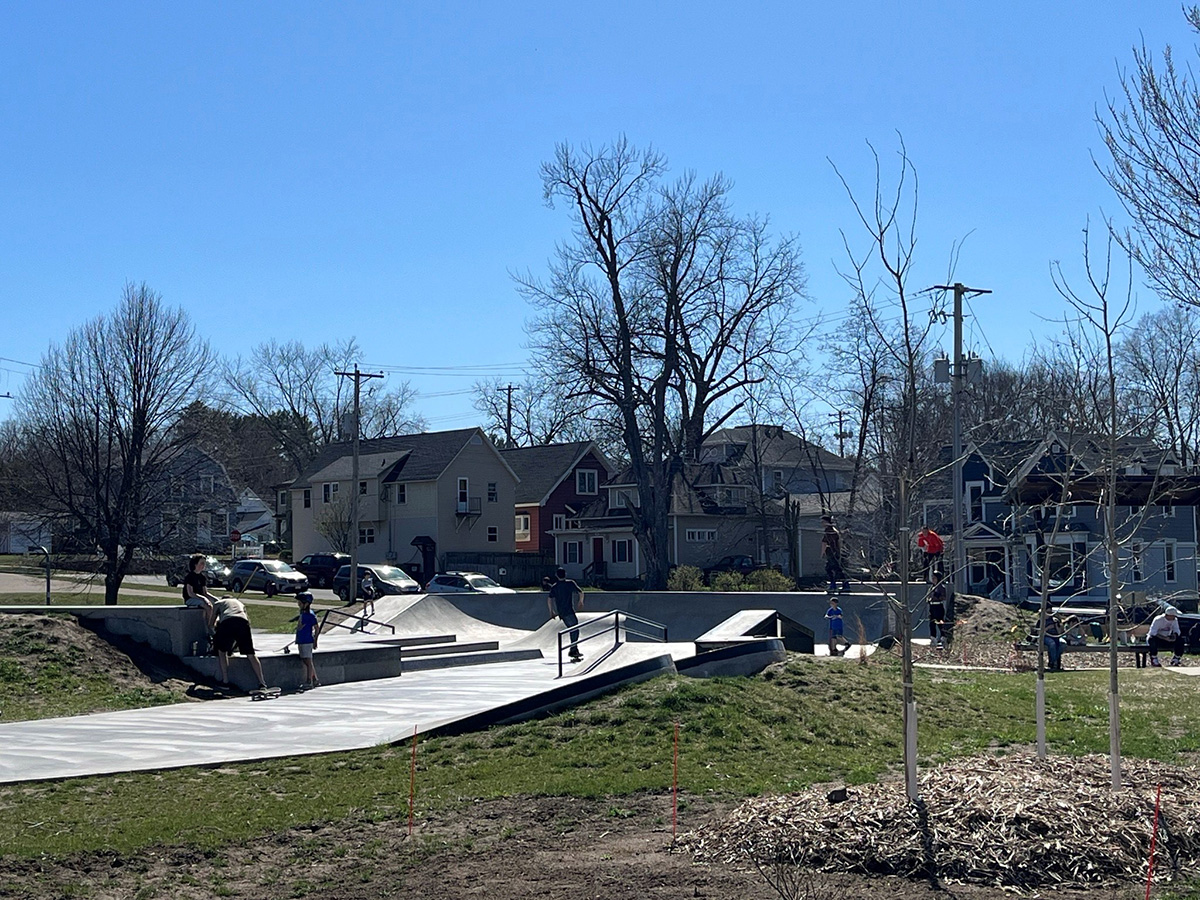Have you ever wondered what a Native American rap sounds like? Have you put off taking English 110 because writing doesn’t interest you? Do you have GE requirements that still need to be filled?
The summer session of courses is one opportunity to take classes that are more out of the ordinary than the ones offered during the academic year.
Many summer courses are taught online, which gives students the ability to participate, but not be restricted to staying in Eau Claire for break. Sarah Nestor, an English professor, is teaching English 110 Sports Talk online this summer. She said online courses are great for allowing flexibility, but can sometimes be a double-edged sword.
“There are some things you lose, because you can’t have that conversation impromptu in the class,” Nestor said. “But (online discussions) can lead to more thoughtful responses, potentially.”
She said most students think of summer as time to catch up with family and friends, or work to save up for the next school year. However,
taking summer courses can help a student graduate on time or early, she said.
“With the increasing number of credit hours so many students have to fulfill … and wanting to get through the process in an efficient time span, summer courses can allow you to do that,” Nestor said. “I think it’s really up to each individual student to decide what’s best for them.”
Physics professor Lyle Ford is teaching an eight-week summer course called The Mysterious Universe. He has taught several summer sessions in the past, and said the pacing is much different than during the academic year, but that isn’t a bad thing.
“Even though the time is more compressed … it’s usually the only class a student is taking so you’re not spread out intellectually among a bunch of different things,” Ford said. “The pacing just seems more relaxed.”
The three-week summer session begins May 20 and the eight week session starts June 10. Most summer courses run on this schedule, but there are exceptions.
Students can register for a summer class up until the class is in session. According to CampS, here are some unique summer courses that are still open:
* ENGL 110 Sports Talk: First year composition course with a theme of sports. Students will read about the cultural, political and social impact of sports. Will discuss sports related topics such as whether college athletes should be paid.
* KINS 312 Psychology of Sport and Physical Activity: Course examines the effects of psychological aspects that can affect an athlete’s performance and the effect of physical activity on individuals.
* MUSI 319 North American Indian Music: Examines Native American music in contemporary and traditional contexts and asks what makes sounds “Native.” Includes rap and Native DJ’s.
* PHYS 308 The Science of Musical Sound: Explores the relationship between physical concepts and musical instruments and auditorium sound. No prior math courses are needed.
* PHYS 315 The Mysterious Universe: Discusses how the universe began and how it will end. Topics include the possibility of extraterrestrial life and modern ideas of space.
* WMNS 447 Design and Domesticity: Discusses the contributing factors to the stereotypes of the “perfect wife and mother.” Online course with field trips to local 19 century homes to “reveal domestic spheres designed to reinforce class lines, impose morality and
gender space.”

